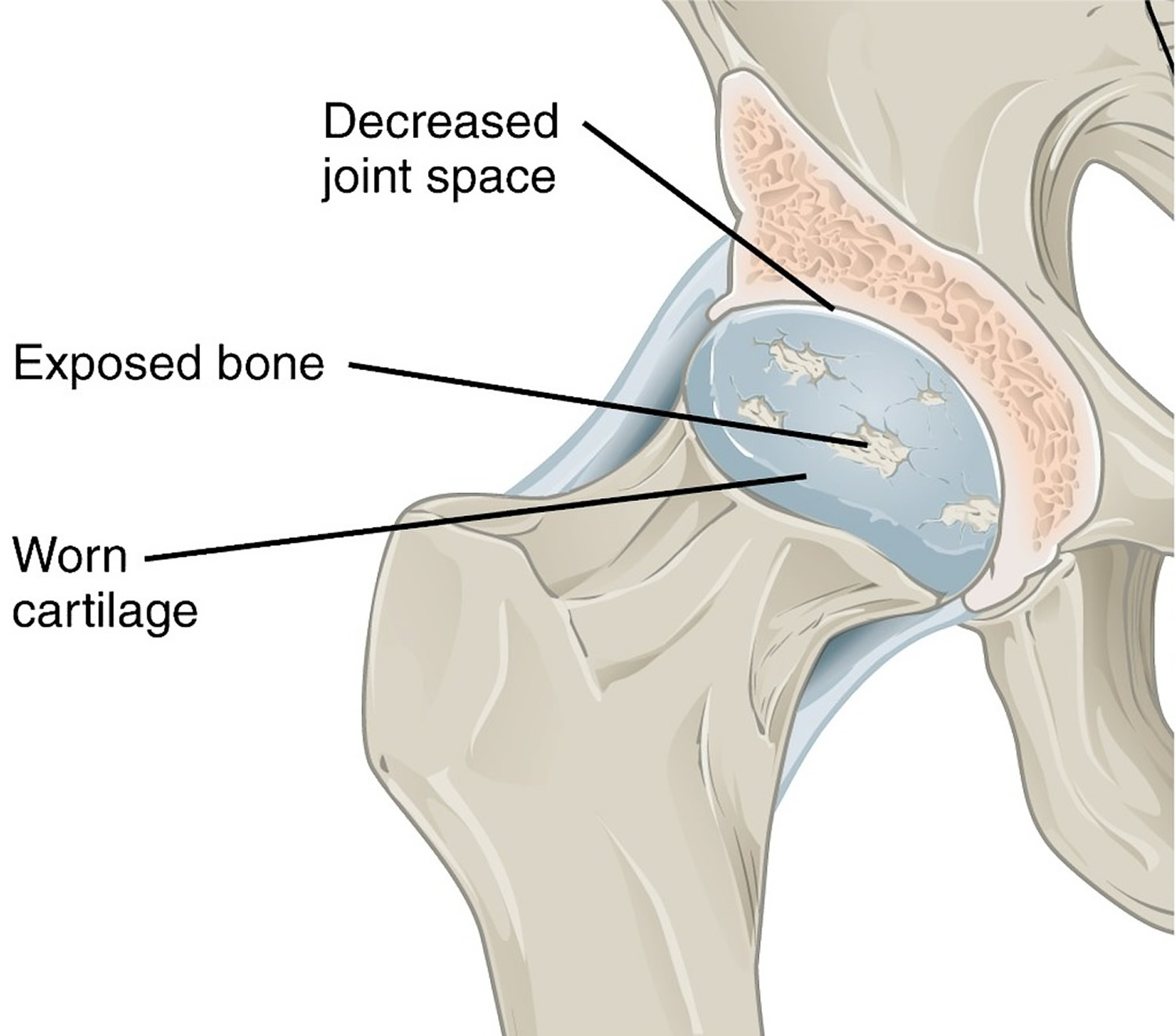

VA disability benefits for Eye FloatersĮye floaters are a common visual complaint that aren’t always linked to an eye condition or injury. We will cover VA ratings for eye conditions in more detail below. The VA rates both angle-closure glaucoma and open-angle glaucoma under the General Rating Formula for Diseases of the Eye, and your rating will depend on the severity and stage of your glaucoma. Glaucoma is one of the top causes of blindness for people over 60. This nerve damage typically occurs due to high eye pressure. Glaucoma is a broad term for a group of eye conditions that cause optic nerve damage. For example, if a veteran is diagnosed with glaucoma while on active duty, or within one year of discharge, it is service connected. Any illnesses to the eye that manifest during active duty service are also compensable, even if they are not the result of or caused directly by military service. Acute injuries that are treated and resolved are usually not compensable unless they return or are considered in remission such as cancer. Inflammatory eye conditions or injuriesĪn injury to the eye that occurs in service and causes damage to the eye is compensable provided it causes permanent or chronic damage, even if it is only a scar.Loss of the eyelids, eyelashes, or eyebrows.Whether the condition was caused by an injury, exposure, or illness, the following eye conditions are ratable by the VA: But, there are several others and some are direct service connection disabilities while others are secondary.

The most common eye conditions rated by the VA include visual impairment, blindness in one or both eyes, conjunctivitis, and unhealed injuries. Service-Connection for Eye Conditions VA Ratings In this blog, we will explore some of the eye conditions that are eligible for disability benefits, how they are rated by the VA for service connection, and what requirements a veteran must meet to get eye care through the VA Health Care system. The VA Healthcare system also provides eligible veterans with eyeglasses or eye care if they meet certain requirements. There are also eye conditions that are secondary to other medical conditions that are eligible for VA disability. Also, 75% of veterans with traumatic brain injuries (TBI) have vision problems, often without even realizing the problems are related to their TBI or getting compensation for the vision condition as secondary to the TBI.Įye conditions range from injuries, damage from exposures and illnesses or diseases contracted while in service. Over 250,000 United States veterans are receiving disability compensation through the Department of Veterans Affairs for eye or vision conditions over 80,000 alone from the Gulf War. Social Security Disability Benefits Guide.List of Blue Water Navy Ships Exposed to Agent Orange (Interactive Vietnam Map).Individual Unemployability Rating Calculator.


 0 kommentar(er)
0 kommentar(er)
